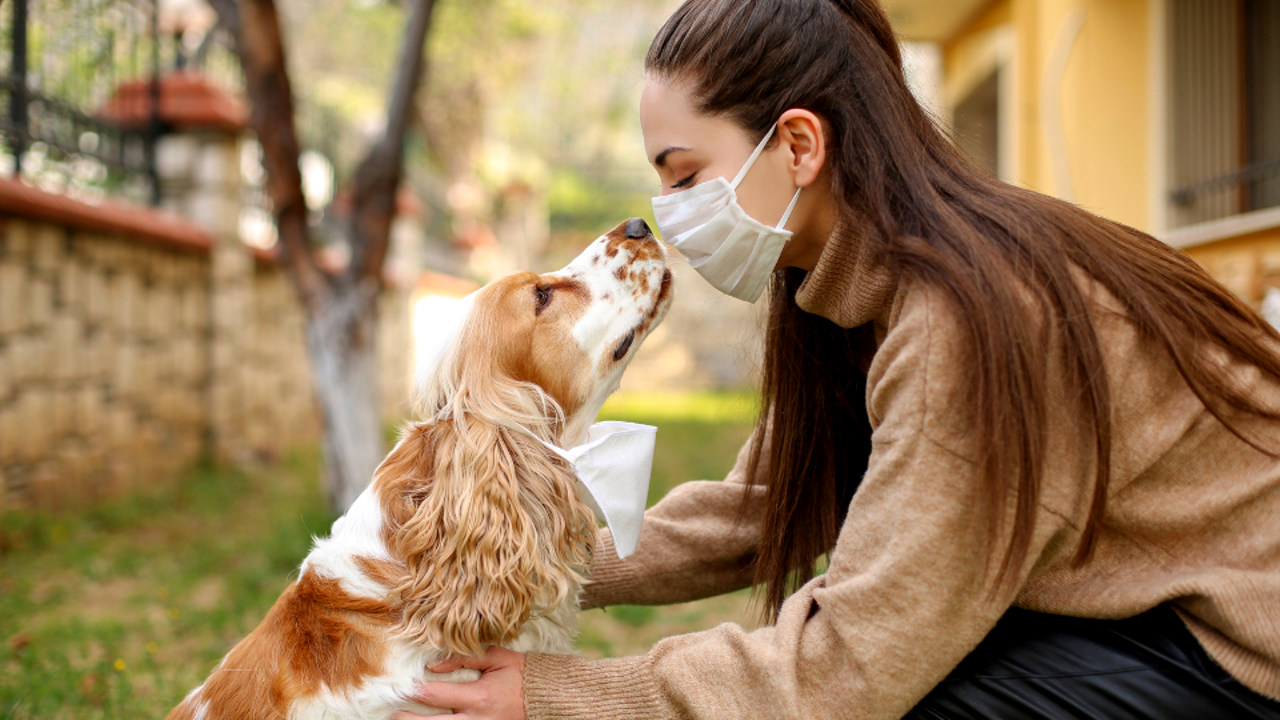Our pets are not just animals; they’re cherished members of our families. Ensuring their health and happiness is a responsibility that every pet parent takes seriously. In this comprehensive guide, we’ll delve into the “Top 10 Pet Health Tips Every Pet Parent Should Know,” providing invaluable insights into maintaining your furry friend’s well-being.
Read More: How to Remove Pet Fur in 2024
Contents
- 1 Pet Health Tips Every Pet Parent Should Know
- 2 Balanced Nutrition
- 3 Exercise and Mental Stimulation
- 4 Grooming Essentials
- 5 Dental Care
- 6 Recognizing Behavioral Changes
- 7 Parasite Prevention
- 8 Vaccination Schedule
- 9 Environment Safety
- 10 Dealing with Pet Allergies
- 11 Proper Identification
- 12 Senior Pet Care
- 13 Handling Emergencies
- 14 FAQs
- 15 The Final Words
Pet Health Tips Every Pet Parent Should Know

The foundation of a pet’s health lies in regular veterinary check-ups. Scheduling routine visits to the vet is not only about addressing existing concerns but also about preventive care. These visits allow veterinarians to detect potential health issues early on, increasing the chances of successful intervention and treatment.
Balanced Nutrition
Proper nutrition is akin to a magic potion for your pet’s health. Choosing the right pet food tailored to their specific needs is essential. Consider factors such as age, breed, and any existing health conditions. Moreover, refrain from feeding them harmful human foods, such as chocolate, grapes, onions, and garlic, which can be toxic to pets. A balanced diet fortifies their immune system, sustains energy levels, and contributes to a longer, healthier life.
Exercise and Mental Stimulation
Pets, like humans, need regular exercise for physical fitness and mental well-being. Tailor your activities to match your pet’s energy levels and interests. Engage in interactive play, provide stimulating toys, and introduce puzzles to keep their minds sharp. An active and mentally stimulated pet is a happy and well-adjusted companion.
Grooming Essentials
Regular grooming is more than just maintaining your pet’s appearance; it’s about their overall well-being. Establish a grooming routine that includes brushing their coat, trimming nails, and cleaning ears. Choose grooming products suitable for your pet’s specific needs. This not only keeps them clean but also strengthens the bond between you and your furry friend.
Dental Care
Oral health is often underestimated in pet care. However, dental issues can lead to a cascade of health problems. Make a habit of brushing your pet’s teeth regularly and supplement this with dental treats or toys. Good oral hygiene not only contributes to fresher breath but also to a longer, healthier life for your pet.
Recognizing Behavioral Changes

Pets communicate through behavior. Stay vigilant and attentive to any changes in their demeanor or habits. Sudden shifts may indicate underlying health issues or discomfort. Address these changes promptly, seeking professional advice if necessary. Early intervention can significantly impact the prognosis and well-being of your pet.
Parasite Prevention
Parasites are persistent threats to your pet’s health. Ensure the regular use of preventive medications and incorporate parasite checks into your grooming routine. By preventing infestations, you not only protect your pet from discomfort but also from potential diseases transmitted by parasites.
Vaccination Schedule
Following a proper vaccination schedule is non-negotiable for responsible pet ownership. Vaccinations are the armor that shields your pet from various diseases. Stay informed about your pet’s vaccination needs and adhere to the recommended schedule provided by your veterinarian.
Environment Safety
Creating a safe living environment is paramount for your pet’s health. Identify and eliminate potential hazards in your home, securing spaces where your pet spends time. This includes removing toxic plants, securing loose wires, and providing a safe space for your pet to retreat when needed.
Dealing with Pet Allergies
Understanding common allergens for pets is crucial for their comfort. If your pet exhibits signs of allergies, work closely with your veterinarian to identify and manage them effectively. This may involve dietary changes, environmental modifications, or the use of medications. Managing allergies contributes significantly to a happier and healthier pet.
Proper Identification
Ensure your pet has proper identification, including microchipping and tags. In the unfortunate event that your pet gets lost, proper identification increases the chances of a safe return home. It’s a small yet impactful step that every pet parent should take to ensure their furry friend’s safety.
Senior Pet Care
As pets age, their care needs evolve. Regular veterinary check-ups become even more critical for senior pets. Be mindful of changes in their behavior, diet, and exercise tolerance. Adjust their care routine accordingly, providing them with the extra attention and care they deserve in their golden years.
Handling Emergencies

Prepare for emergencies by having a well-equipped pet first aid kit on hand. Learn the basics of pet first aid, including wound care and CPR. Understanding when to seek emergency veterinary care is crucial. Quick and informed action during emergencies can make a significant difference in your pet’s outcome.
Read More: 20 Common Signs of Stress in Pets
FAQs
- How often should I take my pet to the vet for a check-up? Regular check-ups are recommended at least once a year for healthy pets.
- What human foods are toxic to pets? Foods like chocolate, grapes, onions, and garlic can be harmful to pets.
- Is dental care really necessary for pets? Yes, dental care is crucial as it prevents dental issues and contributes to overall health.
- How can I create a pet-friendly environment at home? Remove hazards, secure spaces, and provide toys and activities that engage your pet.
- When should I seek emergency veterinary care? Seek emergency care for signs like difficulty breathing, severe injuries, or ingestion of toxic substances.
The Final Words
Being a pet parent is a rewarding journey that comes with the responsibility of ensuring your furry companion’s health and happiness. These top 10 pet health tips provide a comprehensive guide to holistic pet care. From regular vet check-ups to balanced nutrition, exercise, and creating a safe environment, incorporating these practices into your routine will not only enhance your pet’s quality of life but also strengthen the bond you share.




















